Imagine you’re curled up on the couch, lost in a good book, when suddenly someone jumps out and yells, “Boo!” Your heart leaps, your muscles tense, and you probably don’t feel very pleased. Now, imagine that scenario from your cat’s perspective. Cats have a reputation for being mysterious, unflappable creatures, but the truth is, most felines absolutely hate surprises. If you’ve ever startled your cat and watched her puff up like a Halloween decoration, you already know the answer. But why is this the case? What does science say, and how can we ensure our whiskered friends live peaceful, surprise-free lives? Let’s unravel the truth about cats and surprises—prepare for some eye-opening revelations!
Understanding Your Cat’s Instincts
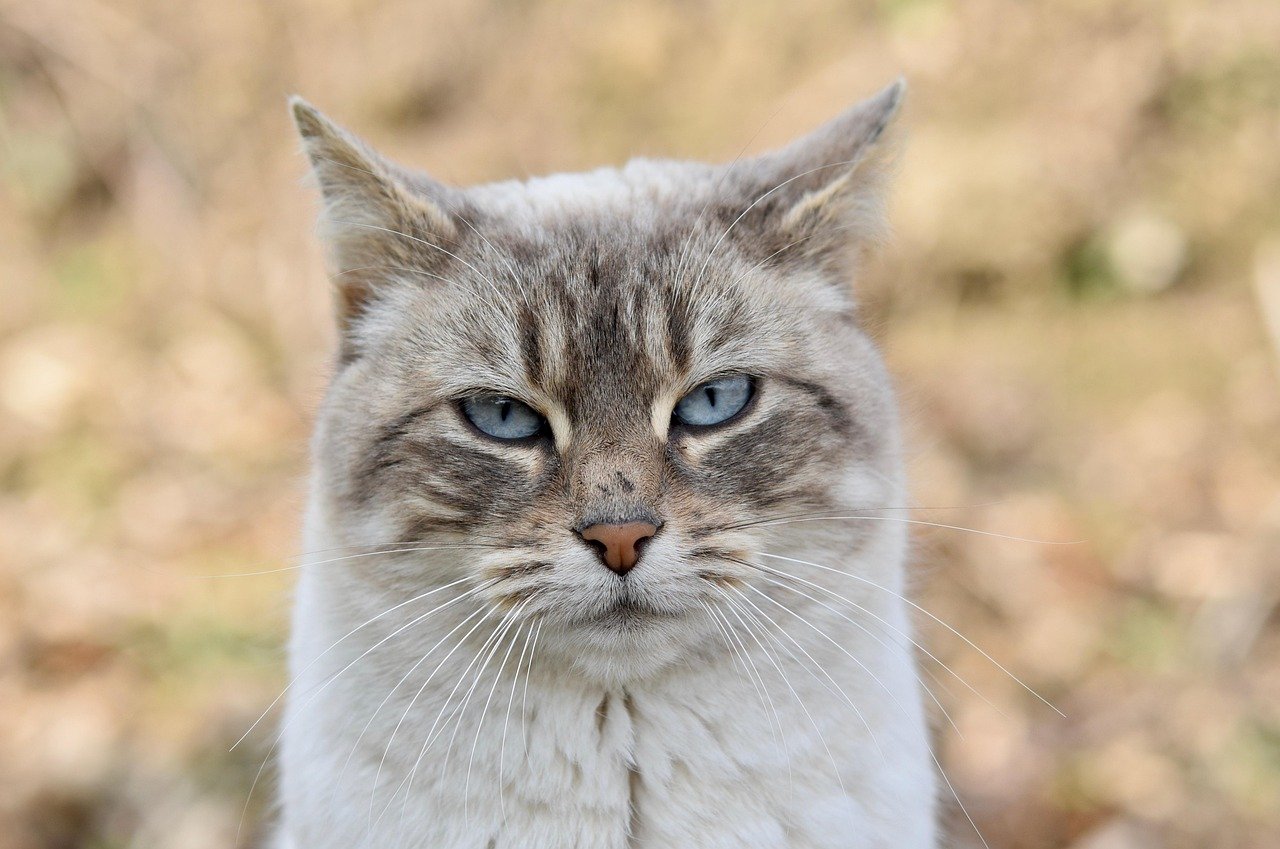
Cats are hardwired for survival. In the wild, sudden movements or surprises often spell danger—a predator, perhaps, or an unseen threat. Domestic cats, though much safer at home, carry these instincts deep within them. Their bodies react instantly to unexpected sounds or sights, sending them into high alert. This is why a simple sneeze or a dropped spoon can send your cat bolting under the bed. Their instinct isn’t to stick around and investigate—it’s to run and hide first, ask questions later. It’s not just quirky behavior; it’s their way of staying alive, even if the only predator in the house is the vacuum cleaner.
How Cats React to Surprises
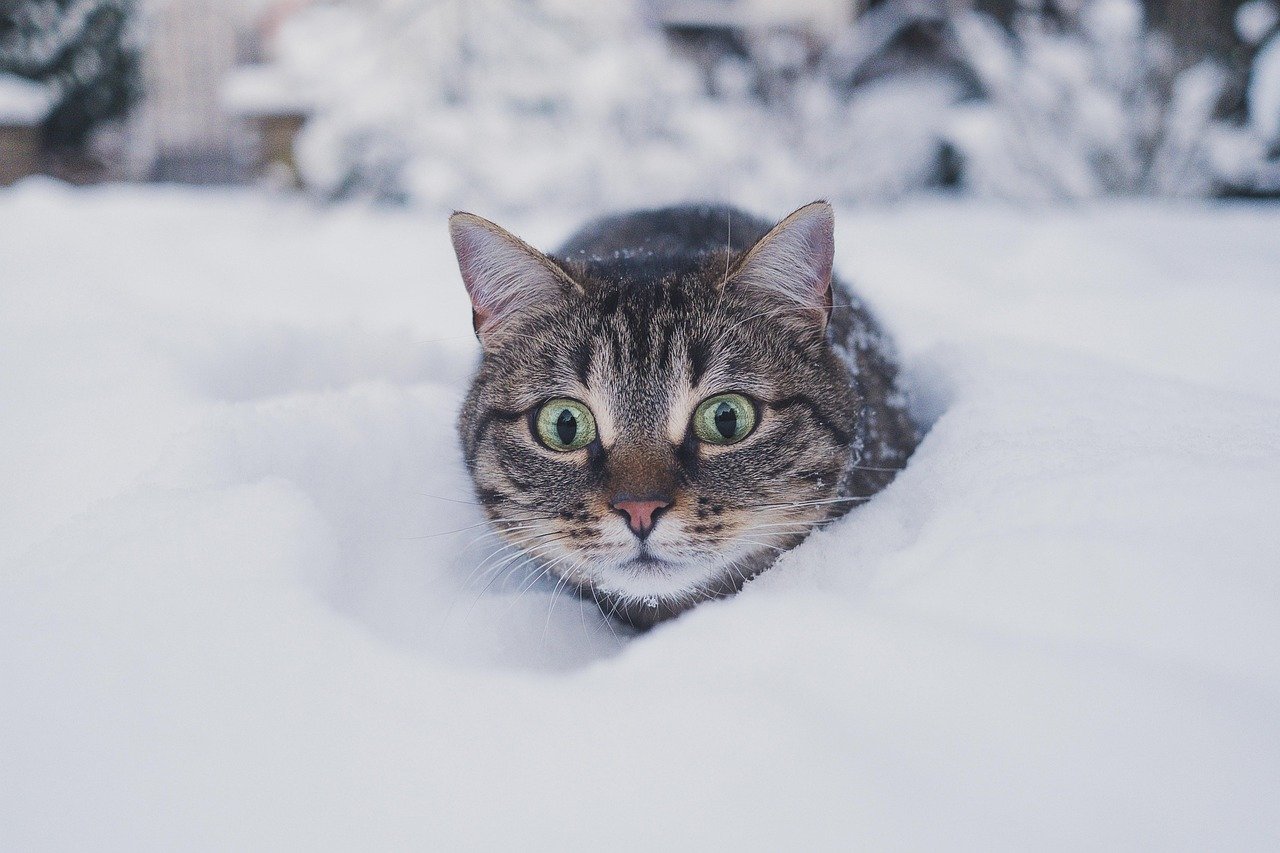
When surprised, cats often react with a dramatic flair that’s both amusing and a little heartbreaking. Their tails puff up, their backs arch, and their eyes go wide. Some will even leap several feet into the air—impressive, but not exactly a sign of joy. These reactions are involuntary, rooted in the fight-or-flight response. Even the gentlest surprise can leave a cat rattled for hours. It’s a bit like how you might feel after narrowly avoiding a car accident—shaken, jumpy, and eager for calm. For cats, surprises are rarely welcome treats.
The Science Behind Feline Fear
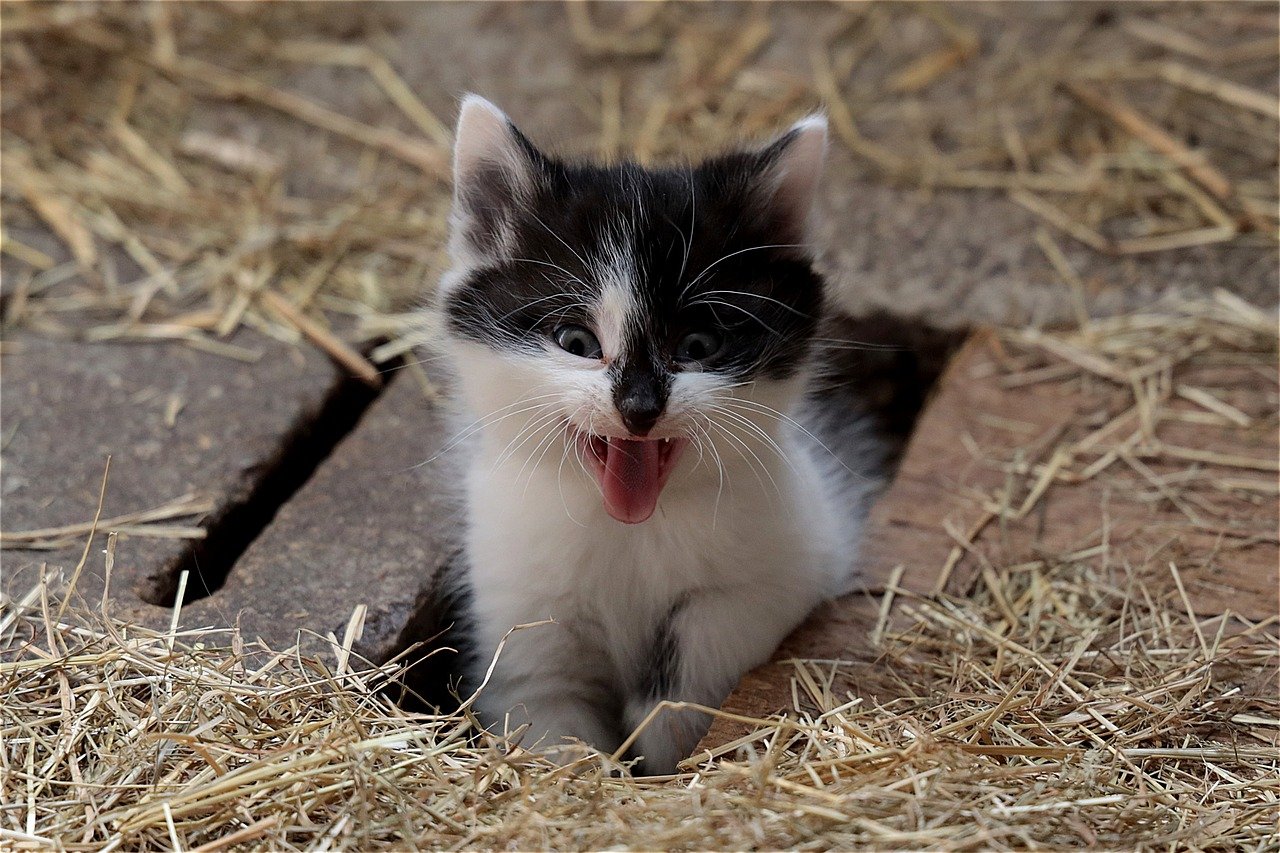
Scientists have studied feline stress responses for decades, and the findings are clear: cats are creatures of habit. When their routines are disrupted, their cortisol levels spike, and their well-being suffers. Sudden noises, unexpected visitors, or even a new piece of furniture can send these levels soaring. Unlike dogs, who might bark and then quickly recover, cats often hold onto their anxiety for much longer. Prolonged stress can lead to health problems like digestive issues or urinary tract infections. It’s not just about being jumpy—surprises can genuinely harm a cat’s health.
Do Some Cats Enjoy Surprises?
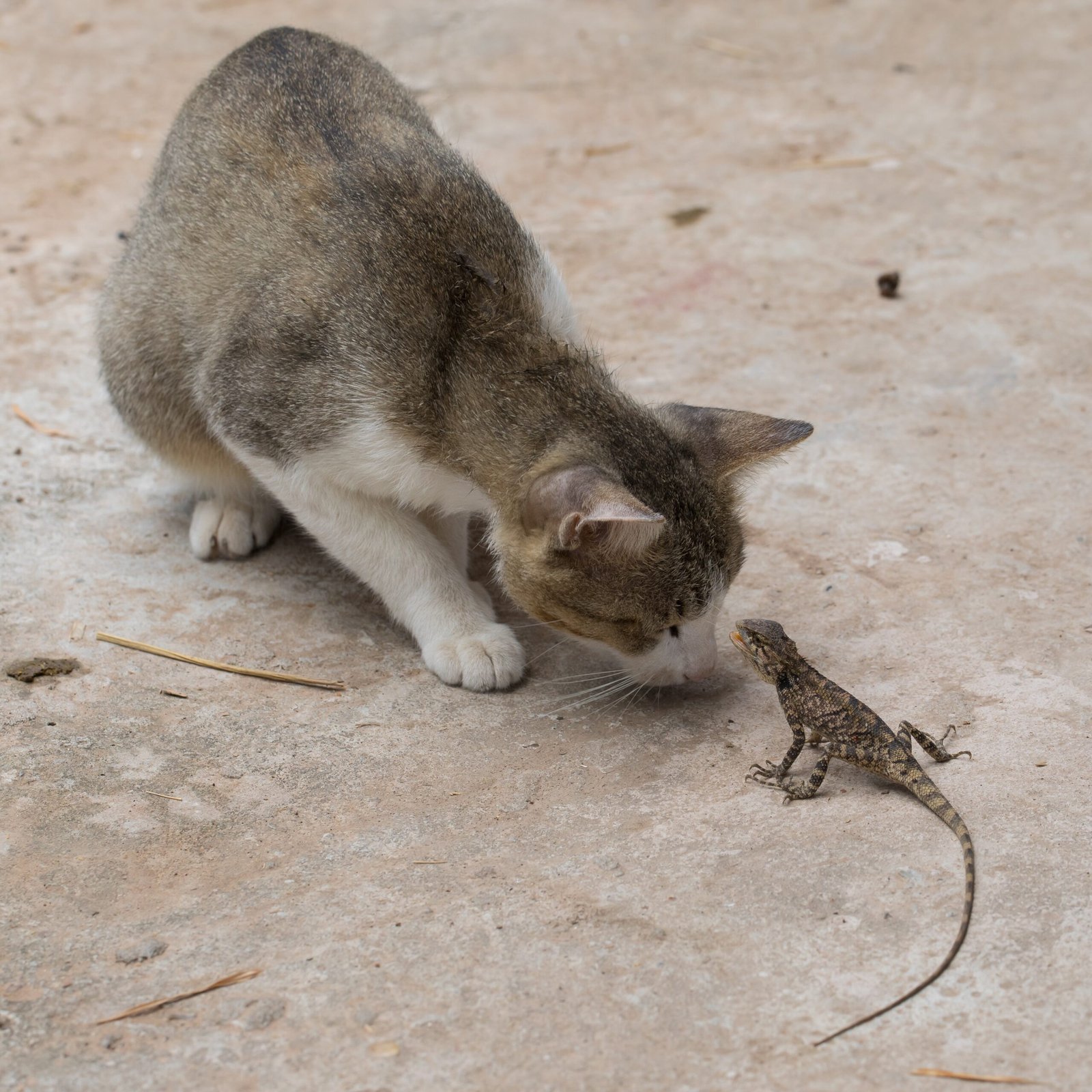
It’s tempting to think every cat is unique, with some perhaps enjoying a surprise or two. While there are always exceptions, the vast majority of cats prefer predictability. Kittens might be more curious and less cautious, but as cats age, their appetite for surprises wanes. Occasionally, a particularly bold or playful cat might seem to enjoy a sudden toy or new game, but even this is usually on their terms. If you do have a cat that loves surprises, cherish it—it’s a rare trait, not the norm.
Common Household Surprises That Startle Cats
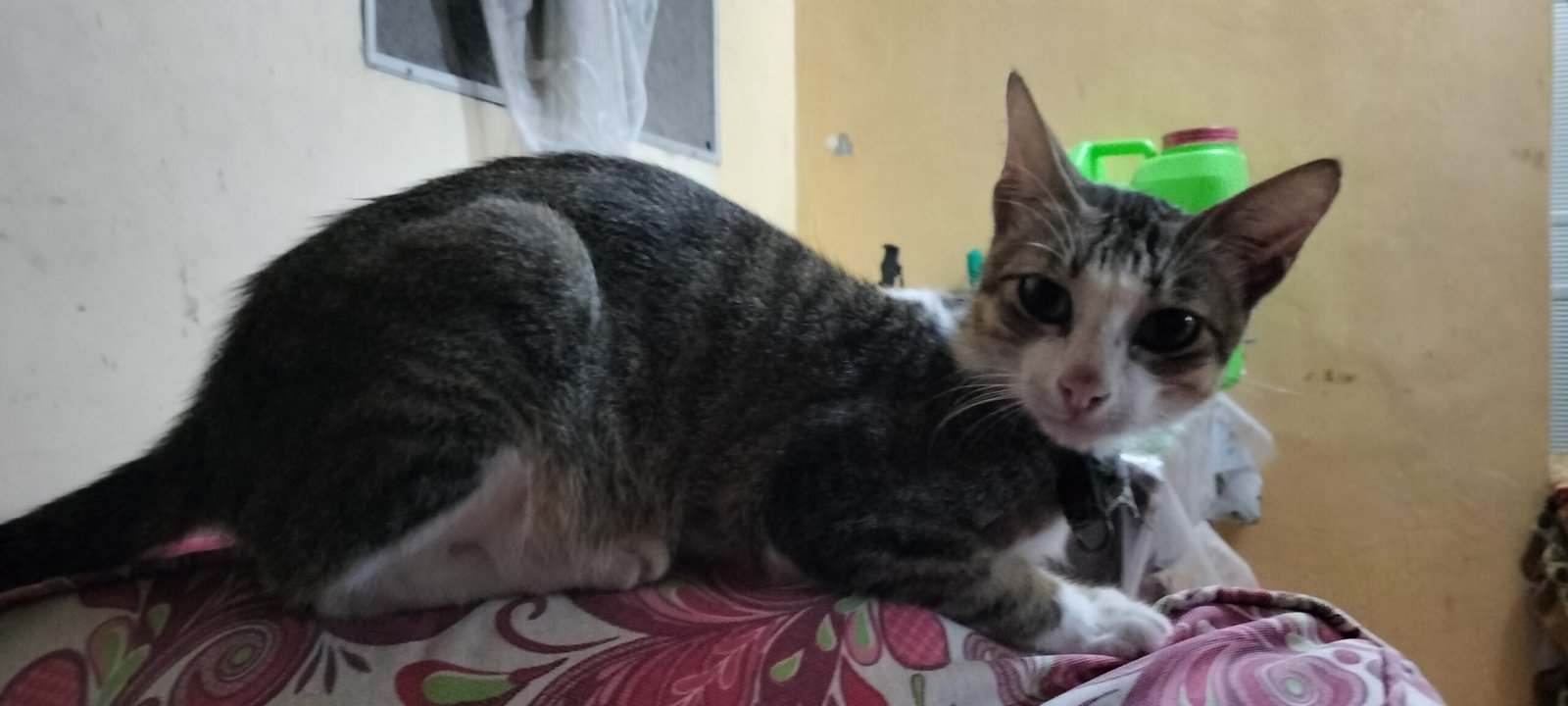
Everyday life is full of things that can startle a cat. The doorbell ringing, a loud sneeze, or a clattering dish can send your cat running. Even less obvious things, like a new bag left on the floor or a sudden change in lighting, can be cause for alarm. Guests who move quickly or children who squeal can also create a stressful environment. It’s easy to forget how sensitive cats’ senses are—they pick up on things we barely notice. Their world is a minefield of potential surprises.
The Infamous Cucumber Videos—Harmless Fun?

You’ve probably seen the viral videos: a person sneaks up behind their cat, places a cucumber near it, and the cat jumps in terror. While these clips might seem hilarious, they’re actually showcasing a significant level of feline distress. Cats interpret the sudden appearance of something unfamiliar, especially behind them, as a threat. It’s not that they’re afraid of cucumbers specifically—it’s the shock of the unknown. Repeated pranks like this can erode your cat’s trust and sense of safety. Fun for viewers, maybe, but misery for the cat.
The Role of Routine in a Cat’s Life
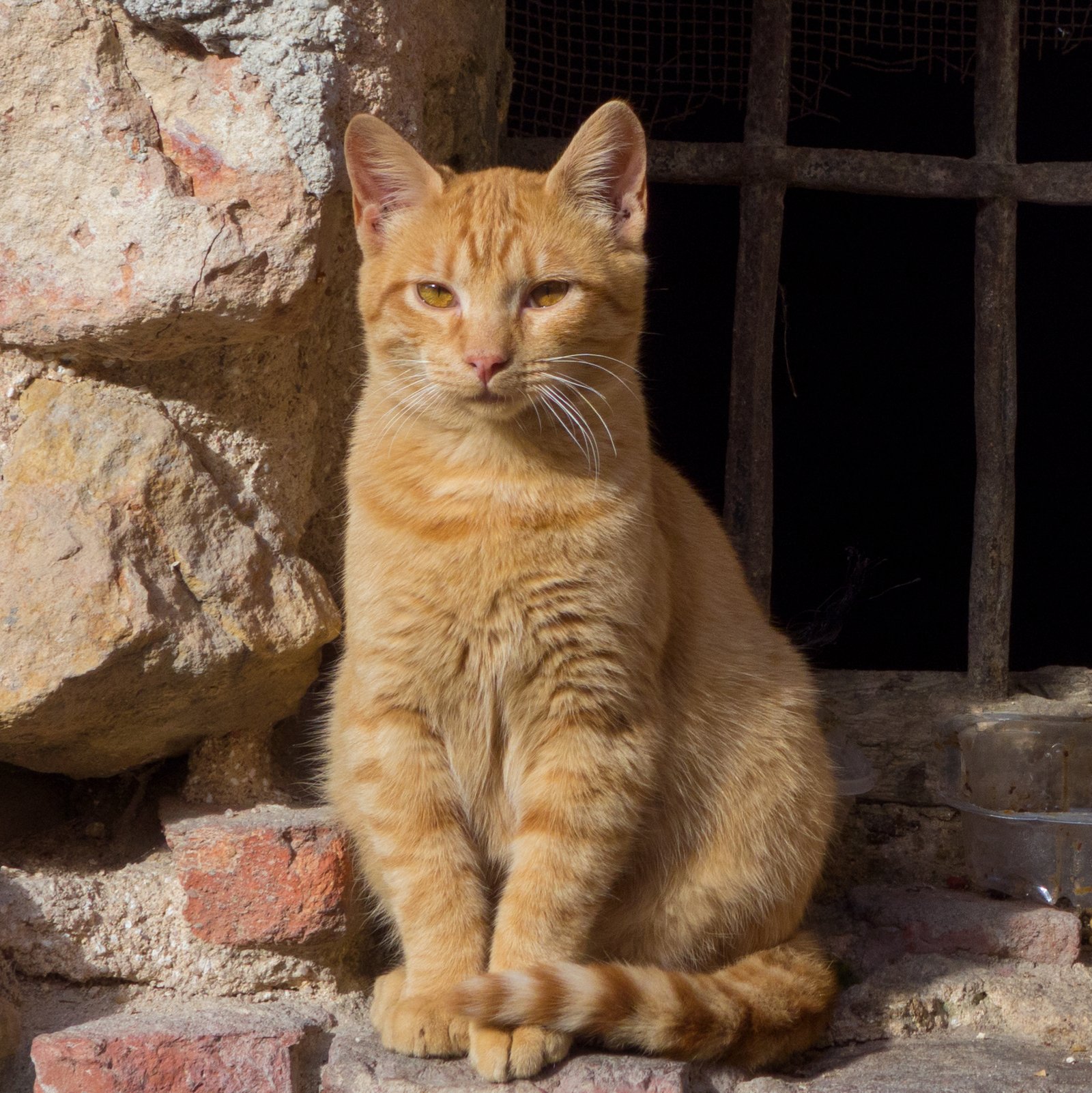
Cats thrive on routine. They like to know when their meals are coming, where their favorite napping spots are, and who’s sharing their space. Even minor disruptions, like moving their litter box or changing feeding times, can cause anxiety. Surprises, by their very nature, disrupt this cherished routine. Imagine if your alarm clock went off at a different time every morning—you’d probably feel unsettled, too. For cats, predictability equals security.
Signs Your Cat Is Stressed by Surprises
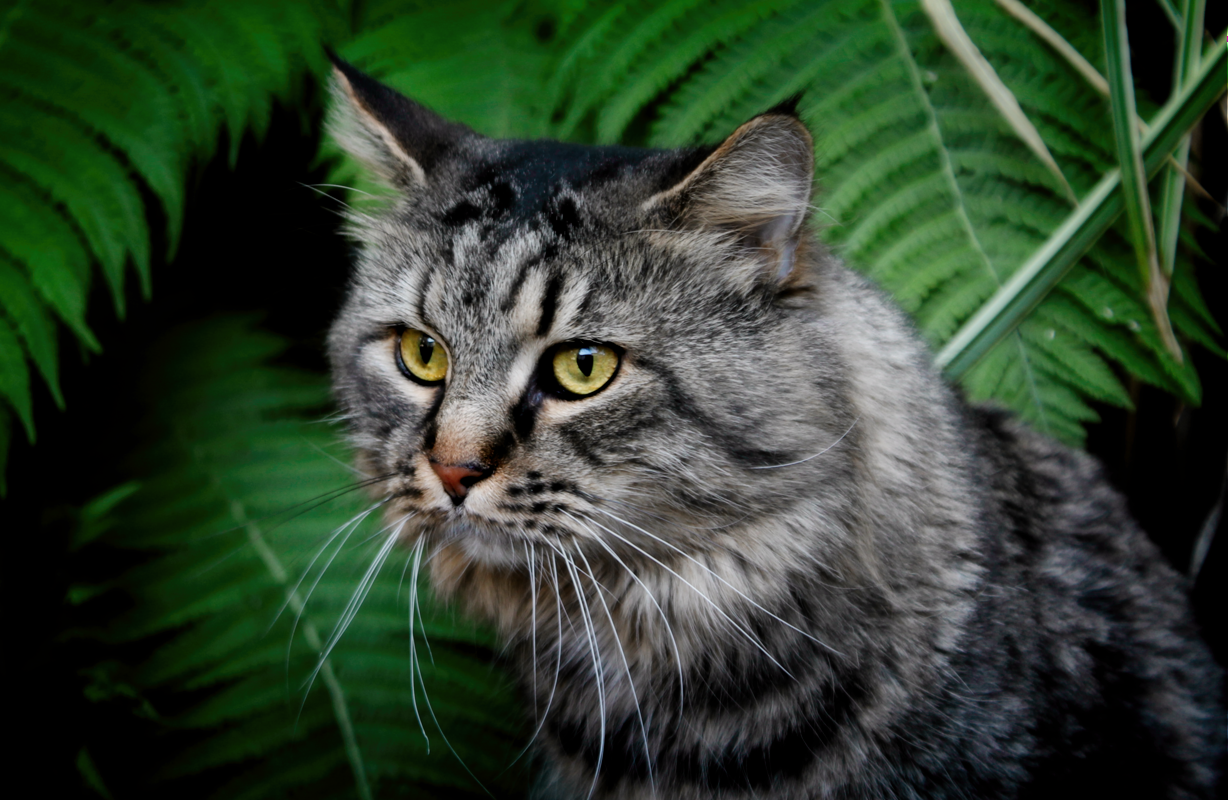
Sometimes, the signs of feline stress are subtle. Your cat might hide more, eat less, or groom excessively after a scare. Other times, the signs are obvious—aggression, urinating outside the litter box, or vocalizing loudly. If your cat’s behavior changes suddenly, it’s worth thinking back to any recent surprises or disruptions. Catching these signs early can help you adjust your environment and restore your cat’s sense of calm.
How to Avoid Startling Your Cat

There are plenty of ways to keep life calm for your feline friend. Approach your cat slowly and let them know you’re there before touching them. Try not to make loud noises or sudden movements around them, especially if they’re resting or eating. If you need to introduce something new—like a piece of furniture or a visitor—do it gradually. Think of it as rolling out the red carpet for your VIP guest; a little courtesy goes a long way.
Building Trust With Your Cat
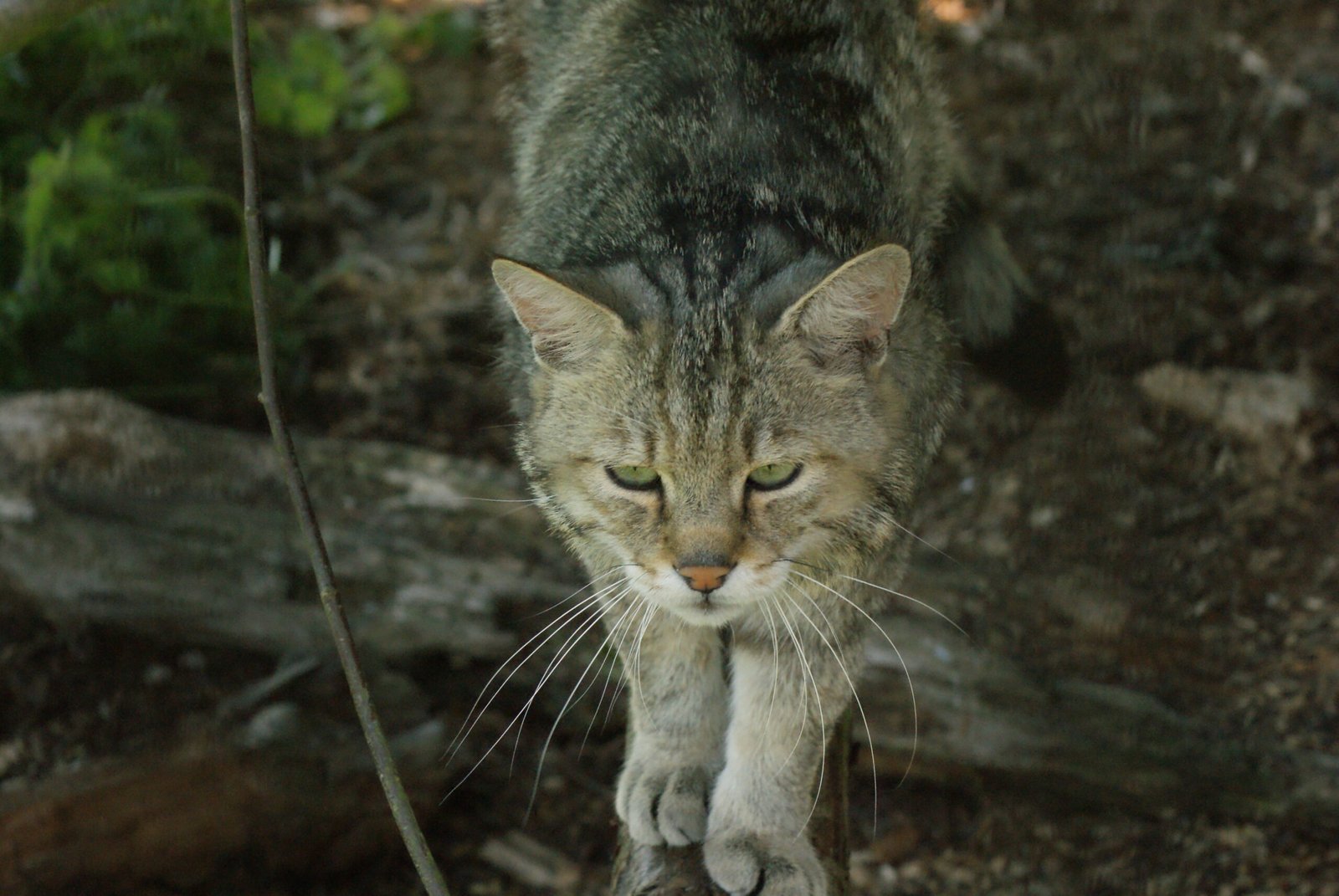
Trust is everything in a cat-human relationship. If your cat knows you won’t startle her, she’ll be more likely to come to you, seek affection, and relax in your presence. Earning a cat’s trust can take time, especially if she’s been startled in the past. Speak softly, move gently, and respect her boundaries. Over time, your cat will learn that you’re a source of comfort, not surprise.
The Importance of Safe Spaces
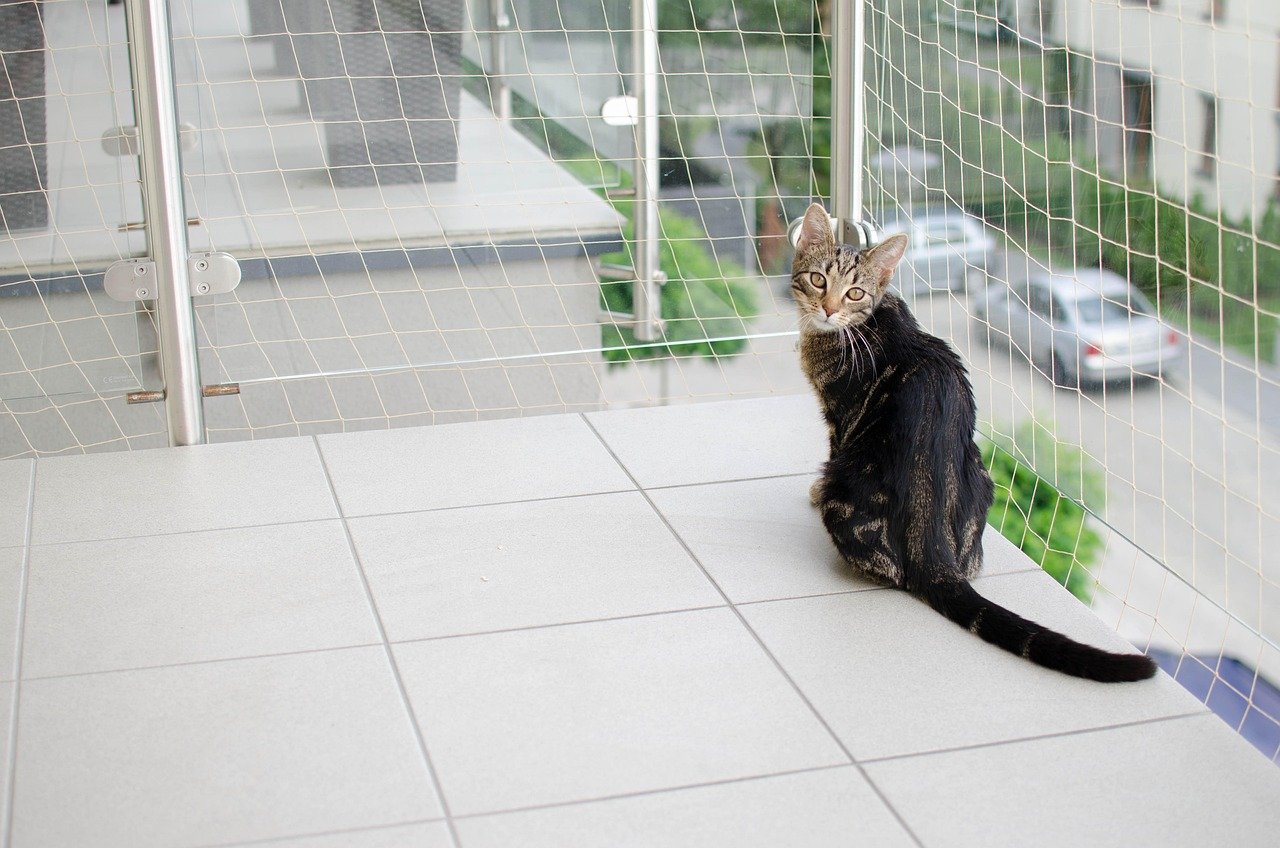
Every cat needs a sanctuary—a place to retreat when the world gets too overwhelming. This could be a cozy bed in a quiet corner, a high perch, or even under the bed. Make sure your cat has access to these safe spaces at all times. If your home tends to be noisy or unpredictable, these retreats become even more crucial. Think of it as your cat’s personal panic room, always available when things get a little too exciting.
Introducing New People or Pets Gently
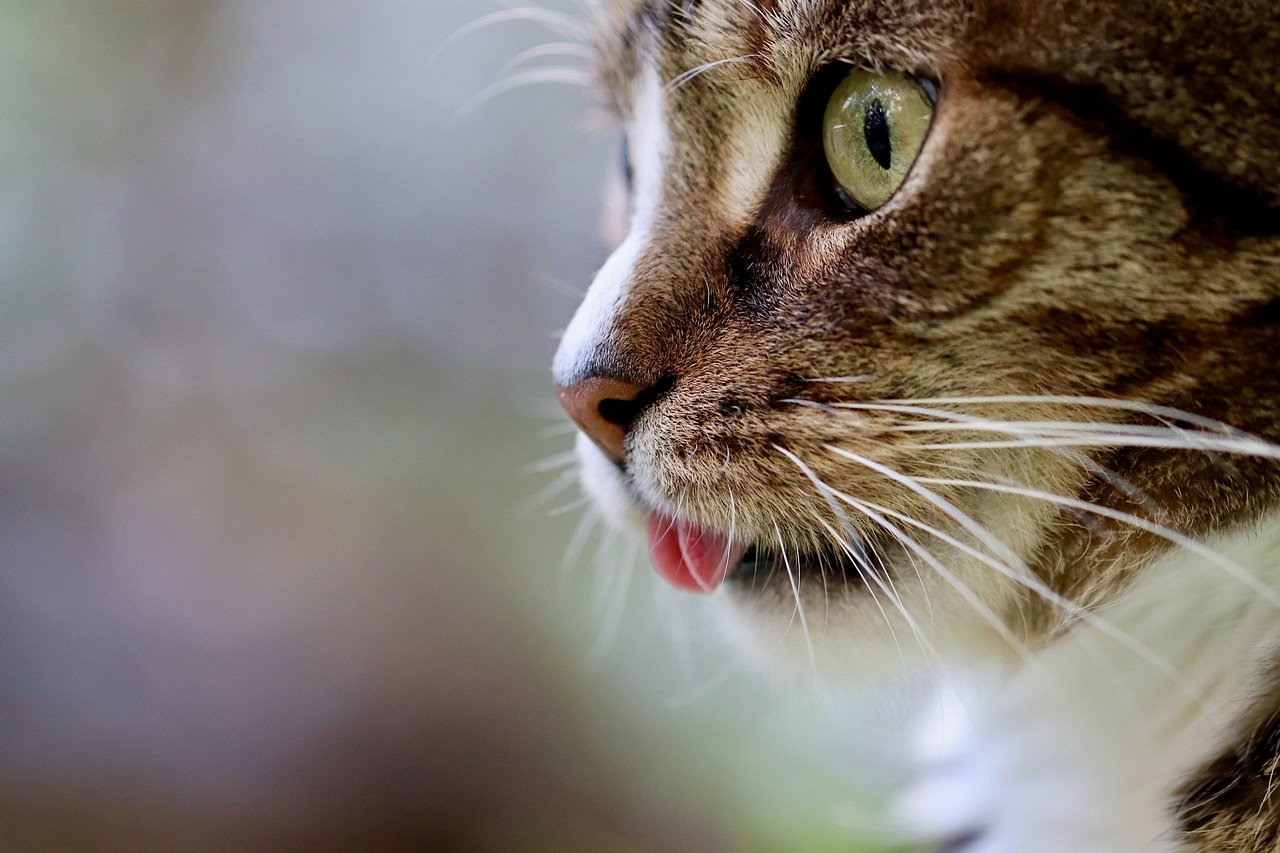
Bringing new faces into your home can be stressful for your cat. Instead of springing guests or new pets on her, introduce them slowly. Allow your cat to observe from a distance, and let her approach in her own time. Avoid loud greetings or forced interactions. With patience, your cat will adjust—just don’t expect her to be the life of the party right away.
Why Playtime Shouldn’t Be Startling
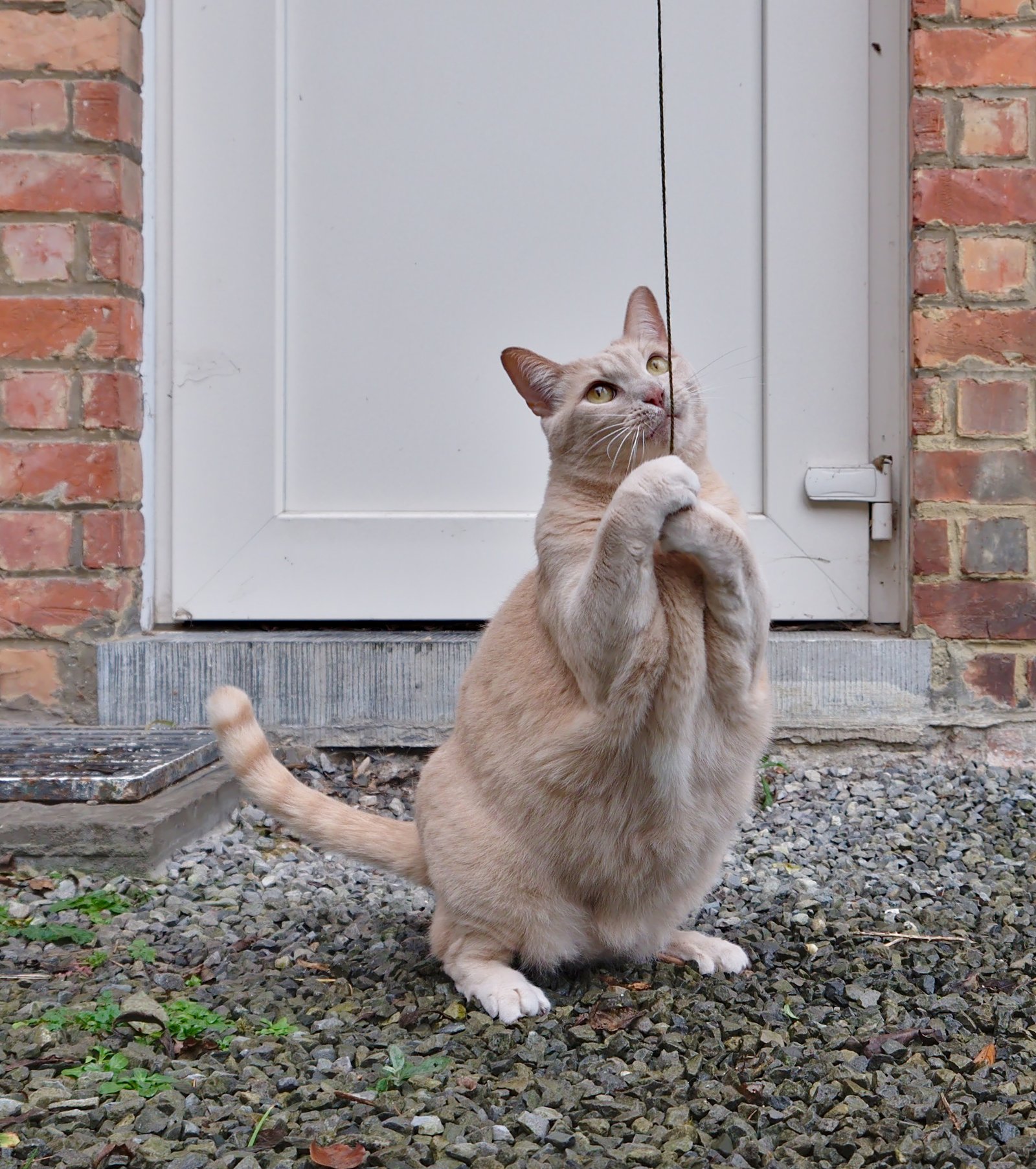
Play is vital for a cat’s health and happiness, but it should never be used to scare. Avoid sneaking up on your cat with toys or making sudden, loud noises during playtime. Instead, let your cat initiate play and use gentle, predictable movements. This builds confidence and turns play into a bonding experience, not a source of stress. Think of playtime as a dance, not a jump scare.
Helping Cats Recover From a Fright

If your cat does get startled, give her space to recover. Don’t chase or try to comfort her right away—she needs time to process. Once she’s calm, offer a gentle voice or a favorite treat. Over time, she’ll learn that even after a scare, good things can happen. Patience and kindness are the best remedies for a shaken cat.
The Dangers of Chronic Stress in Cats

Repeated surprises can lead to chronic stress, which is bad news for cats. Chronic stress weakens the immune system, making cats more prone to illness. It can also lead to behavioral problems and even shorten your cat’s life. If your home is full of surprises—noisy kids, frequent visitors, or constant changes—it’s important to create calming routines and safe havens. A peaceful cat is a healthier cat.
Travel and Vet Visits: Necessary Surprises?
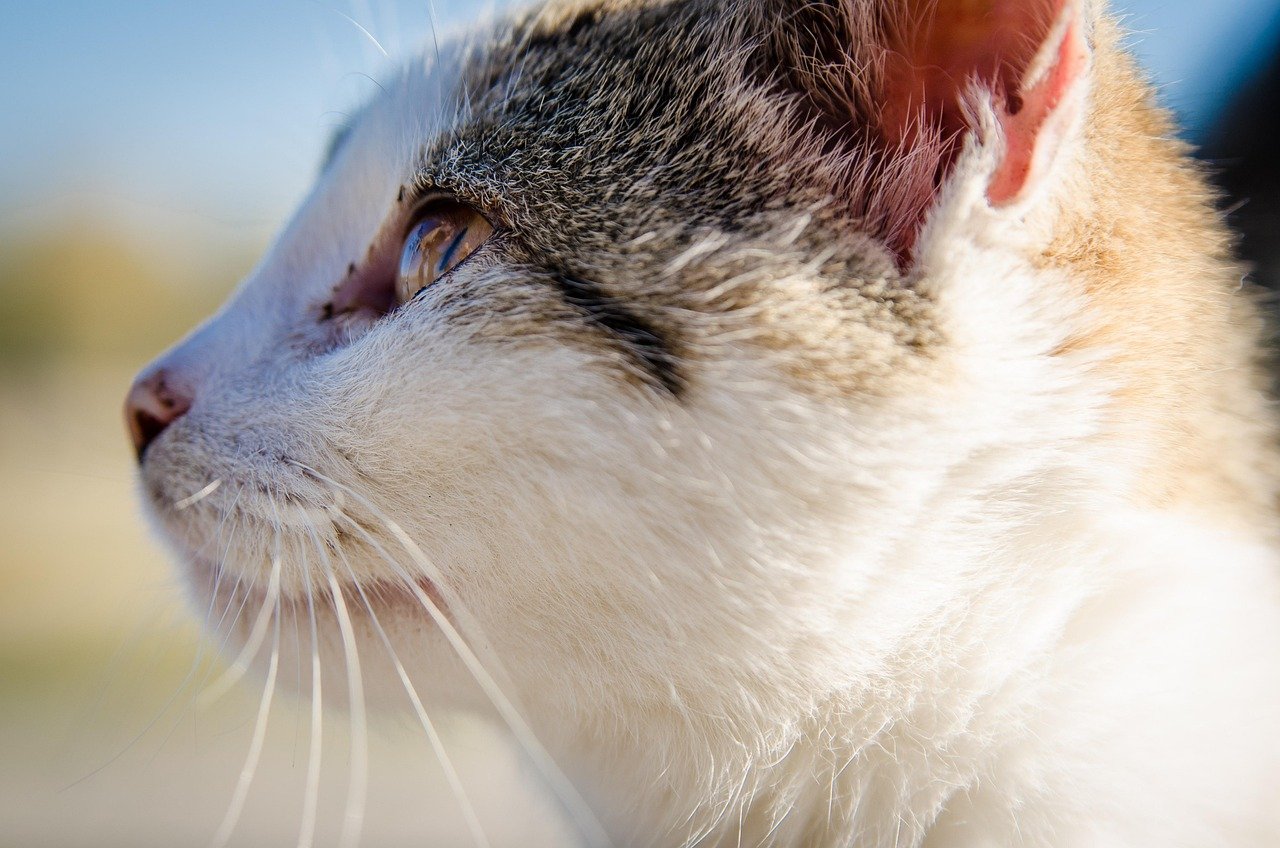
Some surprises are simply unavoidable, like trips to the vet or moving to a new home. You can make these events less stressful by using familiar carriers, bringing along a favorite blanket, and keeping your own voice calm and soothing. Try to minimize surprises during these times—let your cat explore the carrier in advance, and use treats to create positive associations. Even necessary surprises can be softened with a little planning.
Communication: Listening to Your Cat

Cats communicate their discomfort in many ways—body language, vocalizations, and even subtle changes in routine. Pay attention to these signals. If your cat seems on edge, think about what might have startled her. Listening to your cat isn’t just about hearing meows; it’s about understanding her world and making it as safe as possible.
Should You Ever Surprise Your Cat?
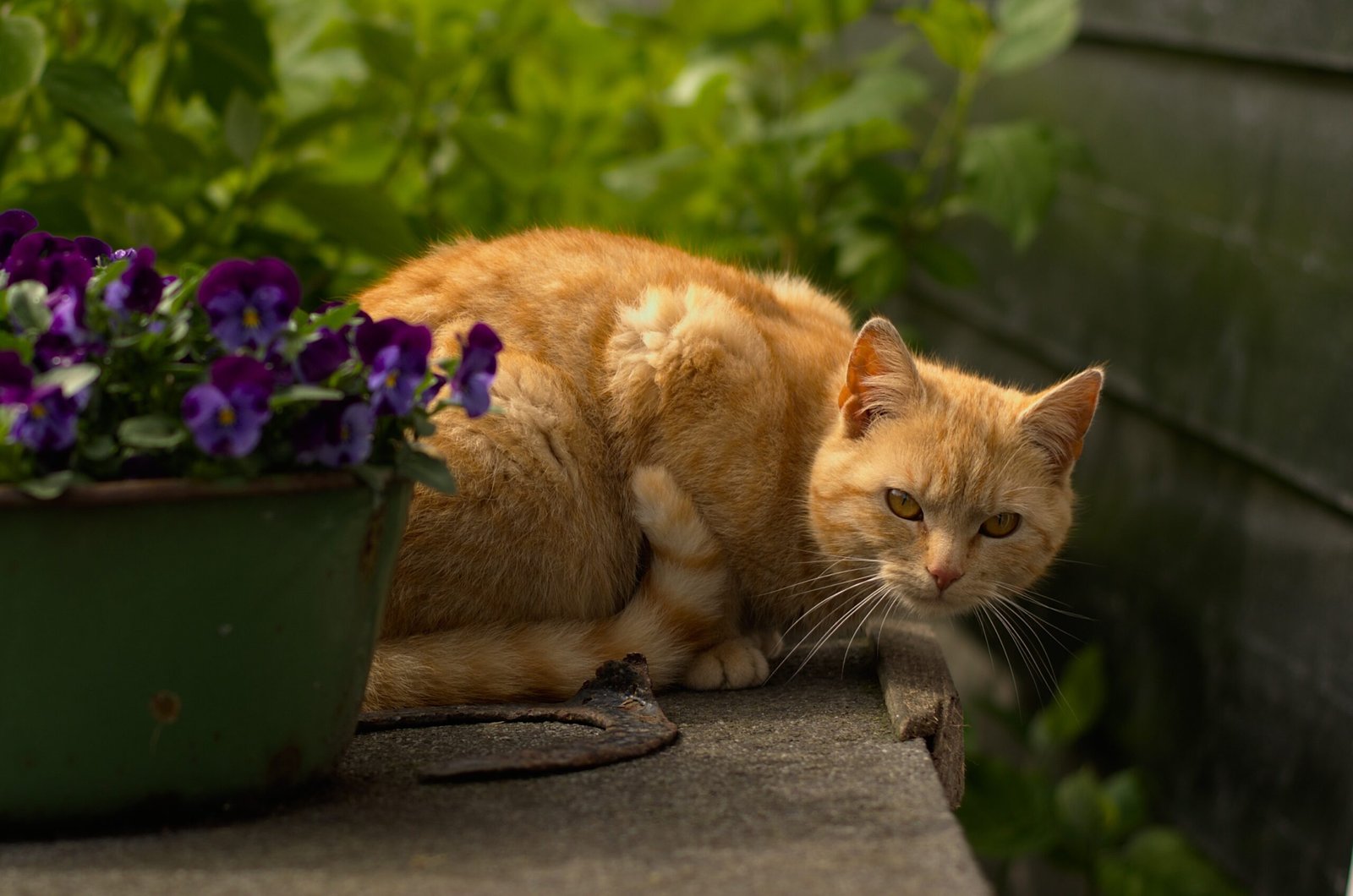
While the occasional surprise is unavoidable, it’s best to keep them to a minimum. Surprising your cat “for fun” is rarely enjoyable for her and can damage your relationship. Instead, focus on creating joyful, predictable experiences together. If you absolutely must introduce something new, do it gently and watch for signs of stress. Remember, what’s fun for you might be terrifying for your cat.
Building a Calmer Home for Your Cat
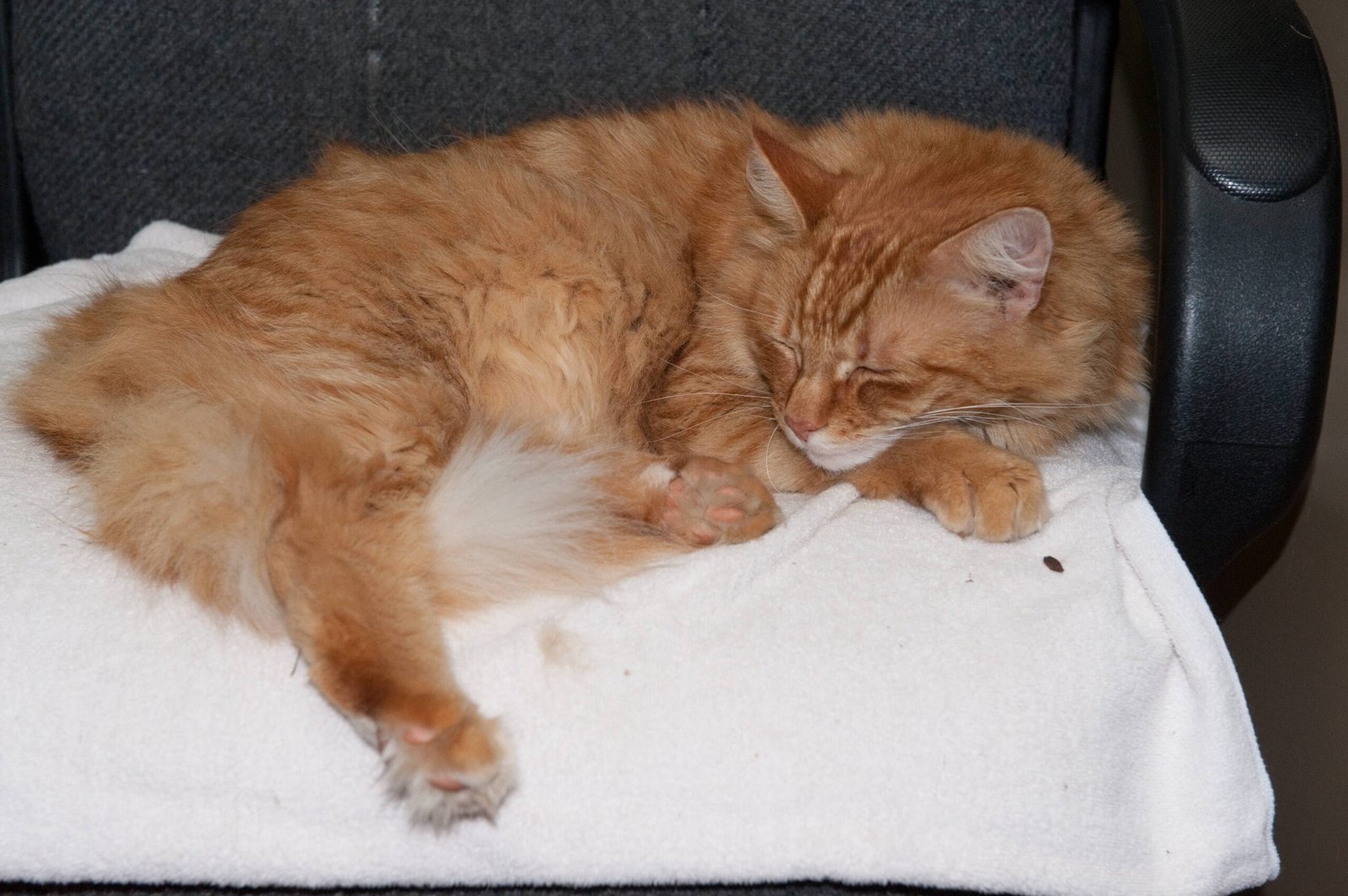
A calm home is a paradise for a cat. Soft voices, gentle routines, and quiet spaces all contribute to a happier feline. Consider playing soothing music, using pheromone diffusers, or setting up cozy hideaways. Small changes can make a big difference in your cat’s quality of life. A calm cat is a confident, affectionate companion—and who doesn’t want that?
When to Seek Help for a Stressed Cat

If your cat seems constantly on edge or shows signs of chronic stress, don’t hesitate to seek help. A veterinarian or feline behaviorist can offer strategies to reduce anxiety and improve your cat’s well-being. Sometimes, underlying medical issues can make cats more prone to stress, so a check-up is always a good idea. Your cat’s happiness is worth the effort, and expert help is just a call away.
Hi, I’m Bola, a passionate writer and creative strategist with a knack for crafting compelling content that educates, inspires, and connects. Over the years, I’ve honed my skills across various writing fields, including content creation, copywriting, online course development, and video scriptwriting.
When I’m not at my desk, you’ll find me exploring new ideas, reading books, or brainstorming creative ways to solve challenges. I believe that words have the power to transform, and I’m here to help you leverage that power for success.
Thanks for stopping by, Keep coming to this website to checkout new articles form me. You’d always love it!






